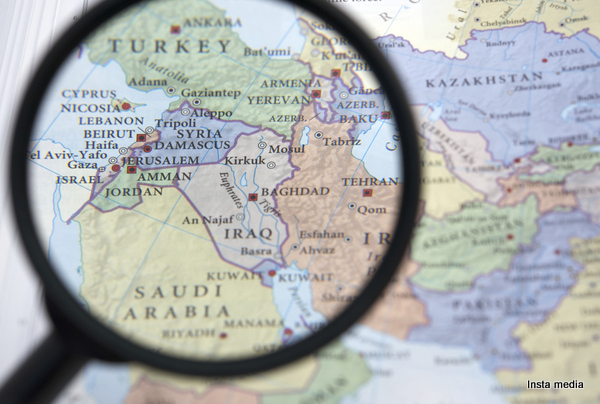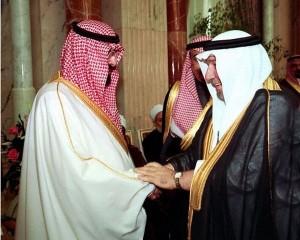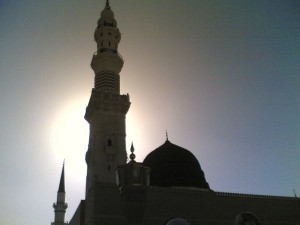The Shia and Sunni sects have been warring throughout the history of Islam as a religion. Almost every region of the world with a Muslim population experiences some kind of a Shia-Sunni clash several times a year. However, the mutual dislike of the followers of the sect could make the Middle East a terrible place to be alive in for the regional population.
Traditionally, the stereotypical image of the Sunnis has been that of intolerant and extremist oppressors while the Shiites are thought of as corruptors of the religion that are power hungry and devious. The tensions between Islam’s two main sects are now become more violent that ever throughout the Arab world thanks to the civil war in Syria where politicians and clerics belonging to both sects have been describing the war as a war of the survival of their respective sects.
The hatreds between Shiites and Sunnis are also simmering in Egypt where a protest has been scheduled for June 30 in opposition of the failure of the one year old government to deliver on their promises.
Just around a decade or two ago, members of the respective sects did not hold too much merit to the differences between them and intermarriage was not uncommon. However, in the post-9/11 era, the Muslim world has become deeply divided.
The Shia-Sunni dispute has been simmering since 632 AD when Prophet Muhammad was martyred and the Muslim world had to declare a successor. Shiites believe that Ali, the prophet’s cousin and son-in-law was his only rightful successor but was cheated out of his right by the ascent of the Rightfully Guided Caliphs Ali, Othman, Omar and Abu Bakr.
The Shia community is a minority within the global Islamic population though they have a strong majority in the Middle East. Sunnis believe that if Shiites retain their control of the Arab world, it would allow “evil western powers” to gain control of the region. Many people across both sects believe that the blood feud that has simmered between them for 14 centuries is preventing Islam from adapting to the 21st century while others see a political agenda behind it.
The sectarian flames have always burned through the Muslim world though the way they are influencing the Middle Eastern political and social scene at the moment, could have long term impact on Muslim cultures across the world.





